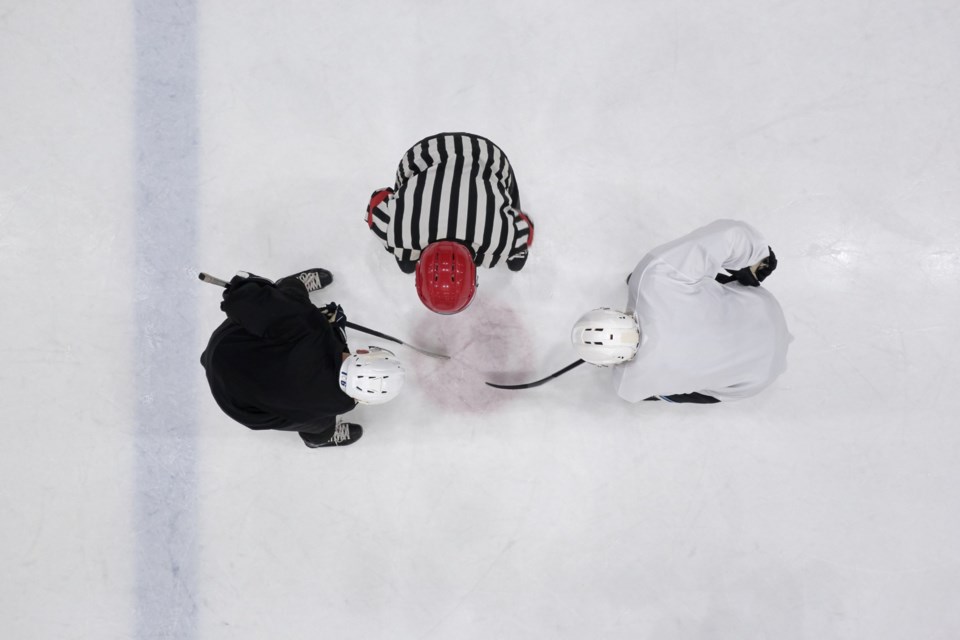A study published in the Canadian Medical Association Journal (CMAJ) has challenged the idea that young hockey players who have bodychecking experience are less likely to suffer injuries than those who do not have experience with body contact hockey.
The study was carried out and written by Paul H. Eliason, Brent E. Hagel, Luz Palacios-Derflingher, Vineetha Warriyar, Stephan Bonfield, Amanda M. Black, Martin Mrazik, Constance Lebrun and Carolyn A. Emery, representing a group of medical professionals at the University of Calgary, the University of Alberta, the Faculty of Medicine and Dentistry at the University of Alberta and the Australian Health Services Research Institute, Faculty of Business and Law, University of Wollongong, NSW, Australia.
The study concluded that the rates of injury — including injuries with more than seven days of time loss and concussion — were significantly higher among players aged 15 to 17 with three or more years’ experience. This compared with hockey players in the same age group but with less than two years of bodychecking experience.
"This suggests that bodychecking experience does not protect youth ice hockey players from injury, and that there are no unintended injury consequences after implementation of the policy disallowing bodychecking.
“This study provides further evidence in support of removing bodychecking in youth ice hockey to reduce rates of injury and concussion," said the June 20 report in the CMAJ.
As a background note, the study said regardless of the high rates of injuries in youth hockey, "disagreements exist about the risks and benefits of permitting bodychecking.”
The study authors said they sought to evaluate associations between experience with bodychecking and rates of injury and concussion among ice hockey players aged 15–17 years, which is generally regarded as midget-aged players in the minor hockey system.
The method of the study was to gather evidence from hockey plays in Alberta who played in leagues that permitted bodychecking. The study collected data over three seasons of play (2015 to 2018) and compared experiences of hockey injuries.
The data was collected from 941 hockey players and compared experiences of players with less than two years of bodychecking experience with players with three or more years of experience of bodychecking play.
The study found that players with higher levels of bodychecking experience had high rates of all injuries, of injuries with more than seven days of time lost and of concussion injuries.
The study's statement of interpretation said that hockey players with more bodychecking experience were not protected against injury.
"This provides further support for removing bodychecking from youth ice hockey," said the study.
The study also said that policy changes are being put in place and restrict bodychecking among younger hockey players. Such changes have been associated with reduced rates of injury, said the study.
Yet the argument persists that gaining experience in bodychecking will protect players from injury when they play in older age categories, where bodychecking is allowed.
The study said more research is warranted.
"Research is needed to evaluate the effects of the recent policy decisions regarding bodychecking in youth ice hockey, to help ensure that no unintended consequences have occurred because of these policy changes, and to inform future policy. Therefore, we sought to determine the association between cumulative experience with bodychecking and rates of injury and concussion among ice hockey players aged 15–17 years," said the study.
